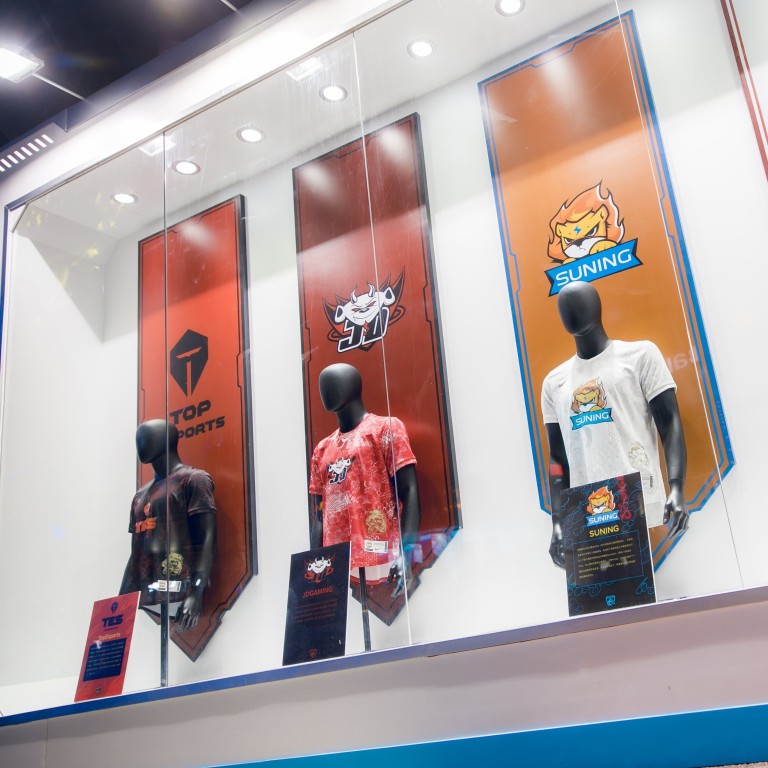
Nike airs first major e-sports ad in China ahead of League of Legends World Championship
- Nike’s aggressive push into Chinese e-sports reflects the enormous interest the competitions have generated in the world’s biggest gaming market
- China’s e-sports revenue grew 54.69 per cent year on year to US$10.6 billion in the first six months of this year
American athletic apparel giant Nike aired a glitzy e-sports commercial in China ahead of the popular League of Legends World Championship that just kicked off in Shanghai in a move to further capitalise on the e-sports mania in the world’s second-largest economy.
Titled Next Level, the campaign was created by Wieden+Kennedy Shanghai and is Nike’s first e-sports commercial, according to trade publication Adweek. It depicts a legion of aspiring e-sports professionals joining a special training camp in which they have to endure a series of intense physical workouts to unlock their gaming potential.
The commercial comes across as deliberately over-the-top. E-sports players are flown to an island on a jet and train in a spotless hi-tech facility, a trope reminiscent of the training portrayed in the Hollywood blockbuster Hunger Games.
Uzi, who recently announced his retirement from LPL, was the first e-sports professional signed by Nike.
Tencent’s e-sports drama based on CrossFire game is a smash hit
The commercial first aired online September 30, timed for the group stage of the League of Legends World Championship in Shanghai. The tournament is enormously popular in China, with an estimated 104 million fans having watched online last year to see Chinese team FunPlus Phoenix win the finals.
In its messaging to the e-sports sector, Nike has emphasised the need to care for the health of professional e-sports players. Before this new ad, the company released a short web documentary detailing the strain that long hours of training, combined with the sedentary lifestyle of gamers, can have on LPL players’ health. Nike boasts that it can help players train more smartly by implementing specific reflex-focus exercises.
Nike’s new ad retains many of the same health themes but portrays them in a much more hyperbolic way for comedic effect. Uzi also makes an appearance in the ad as a mentor to the aspiring e-sports professionals.

